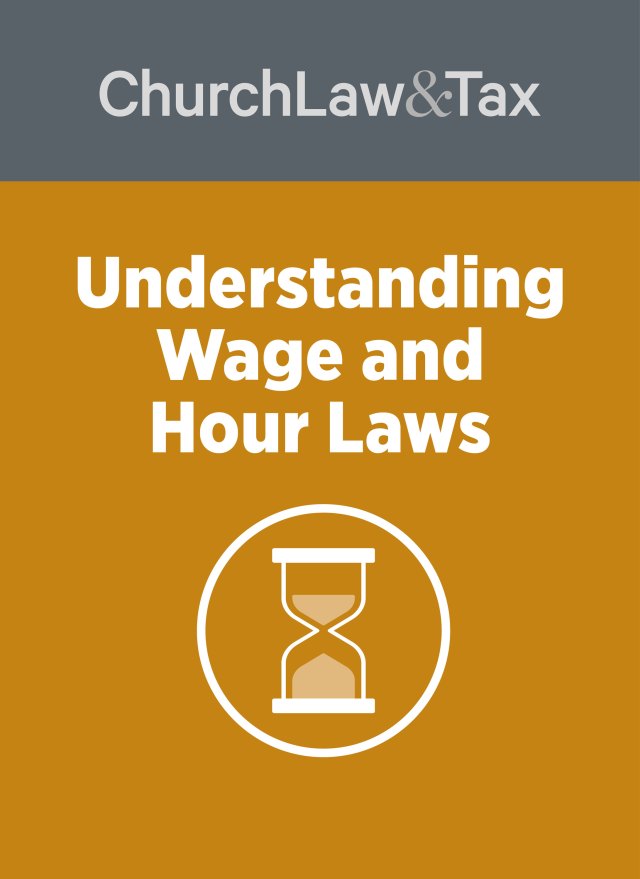• Key point 4-04. Many states recognize “invasion of privacy” as a basis for liability. Invasion of privacy may consist of any one or more of the following: (1) public disclosure of private facts; (2) use of another person’s name or likeness; (3) placing someone in a “false light” in the public eye; or (4) intruding upon another’s seclusion.
Invasion of Privacy
* A federal district court in New York ruled that a dismissed employee could not sue his former employer for invasion of privacy as a result of unauthorized access to his office computer. A company hired a new employee (Alan) as a computer analyst. On several occasions Alan’s supervisor met with him regarding a number of job performance issues. The meetings discussed Alan’s failure to save documentation of his work, poor work relations with co-workers and insubordination towards superiors. Alan’s inability to provide supervisors with documentation of his work, failure to complete assigned projects, and on-going disciplinary issues such as insubordination and disregard for protocol led to concerns regarding how he was using his time on his company-provided computer. As a result, an executive decision was made to look into his computer and email records for inappropriate use of company servers and records. When Alan failed to show sufficient improvement in his job performance, he was dismissed. He later sued his former employer in federal court for invasion of privacy. Specifically, Alan claimed that his former employer invaded his privacy by allowing his computer to be accessed by supervisors. A federal court rejected Alan’s claim, noting that New York has no “common law” of privacy. Instead, the right of privacy is based exclusively on a state statute that defines it narrowly to prohibit the unauthorized commercial use of a person’s “name, portrait or picture” without prior written consent. The court concluded, “Since New York’s limited right of privacy does not prohibit an employer from accessing employee email and other documents produced on the company’s system, Alan has no claim to adjudicate.” Chimarev v. TD Waterhouse Investor Services, Inc., 280 F.Supp.2d 208 (S.D.N.Y. 2003).
© Copyright 2004 by Church Law & Tax Report. All rights reserved. This publication is designed to provide accurate and authoritative information in regard to the subject matter covered. It is provided with the understanding that the publisher is not engaged in rendering legal, accounting, or other professional service. If legal advice or other expert assistance is required, the services of a competent professional person should be sought. Church Law & Tax Report, PO Box 1098, Matthews, NC 28106. Reference Code: m110 c0504




